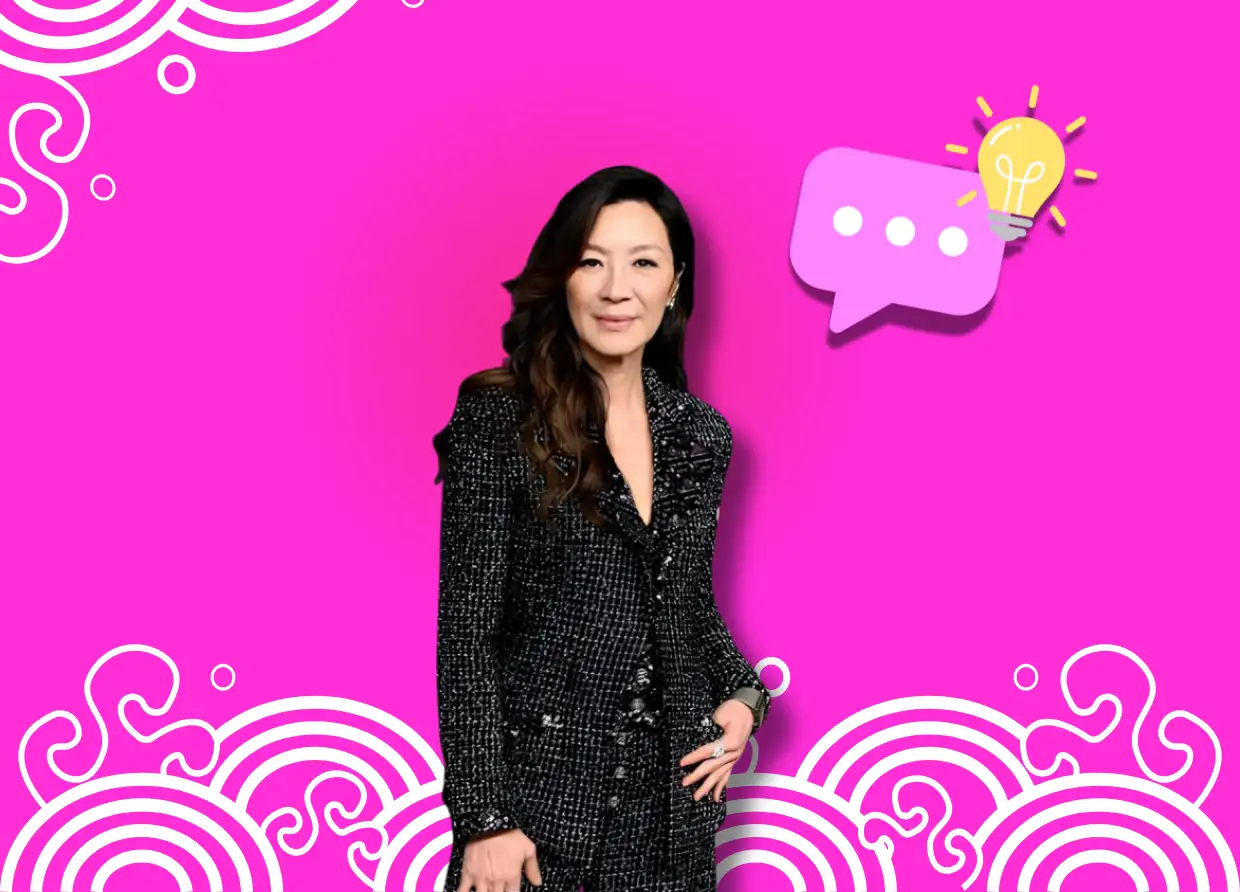THE TRUE COST OF CANCEL CULTURE
What does "canceling" someone mean, and what does it really cost?

Ellen Degeneres, a daytime television personality, was allegedly "canceled" last year after being accused of fostering a "toxic" workplace atmosphere. Her show, "The Ellen Show", resumed for a while in September. However, it has now been formally terminated by the show's executive producers.
A few months later, renowned novelist J.K Rowling was "canceled" after a series of online postings and actions that many LGBTQ+ activists and organizations labeled transphobic.
These are just a few instances of what many people refer to as "cancel culture."
The term "cancel culture" is said to have come from a relatively uncommon slang — "cancel", which refers to breaking up with someone — used in a 1980s song. "Cancel culture" entered the public attention around 2017, with the popularity of "canceling" celebrities for inappropriate actions or views. It was later used in movies, television, and social media.
What it means to be "canceled"
To be "canceled" is basically to be boycotted. It is intended to isolate the individual and deprive the "canceled" of financial, personal, and professional benefits from their high status.

British chartered psychologist and author of How To Build A Healthy Brain, Kimberley Wilson, says that cancel culture is fundamentally about shame. "Shame emerges in response to the feeling that we have transgressed against some agreed social rule and lost status within the group," she says.
According to Wilson, evolutionary psychologists believe shame played a part in human survival because, once upon a time, doing anything that got us banished from our tribe would have been fatal.
Some people who were 'canceled' were later held responsible for significant offenses related to the reason they were summoned. For example, Harvey Weinstein was first "canceled" following charges by many women reported in The New York Times. Weinstein was sentenced to 23 years in jail for rape and sexual assault after three years and multiple new claims of serious sexual abuse.

Though many people now consider "canceling" someone to be a social media trial, it has been openly employed as a force for justice in the past. Many women believed that their allegations against Weinstein were not taken seriously by the entertainment business, which the disgraced film mogul was regarded to be at the forefront of or by the authorities. By banding together and "canceling" Weinstein through the power of the media, the women were finally able to be heard.
Reputational harm and mental health effect
Some individuals are conflicted about cancel culture and how users on social media hold influencers and celebrities responsible.

"It can be seen as helpful particularly around large social issues but also damaging to someone's career and reputation," says leading psychiatrist Dr. Tiago Reis Marques.
"As cancel culture often leads to an individual being ostracised for something they have done or said, it can cause the person in question to feel rejected," he added, especially if it turns out the "canceled" person in question did nothing wrong.
He further argues that rejection can negatively impact self-esteem and self-worthiness, both of which are established risk factors for depression and anxiety, thereby worsening the patient's mental health.
"Cancel culture is public shaming, and social media has given rise to a particularly virulent form of mob justice that is negatively impacting our mental health," he said.
There are several advantages to "canceling" someone. The dread of shame, like historical ostracization, can hold one's behavior under control. Furthermore, it provides those who would otherwise be powerless a voice, resulting in actual consequences for those with greater clout in society, such as major international corporations.
However, while public shaming might make a person less likely to repeat a behavior and consumer opinion can lead to substantial and positive adjustments in a corporation, most cancellation victims are not influential people or brands.
At the end of the day, when it comes to "canceling" someone, one shouldn't join the "mob" blindly and cave in to online social pressure — conduct your own research and give people the opportunity to have their say.
#THE S MEDIA #Media Milenial #cancel culture #celebrities #social media #society #psychology























